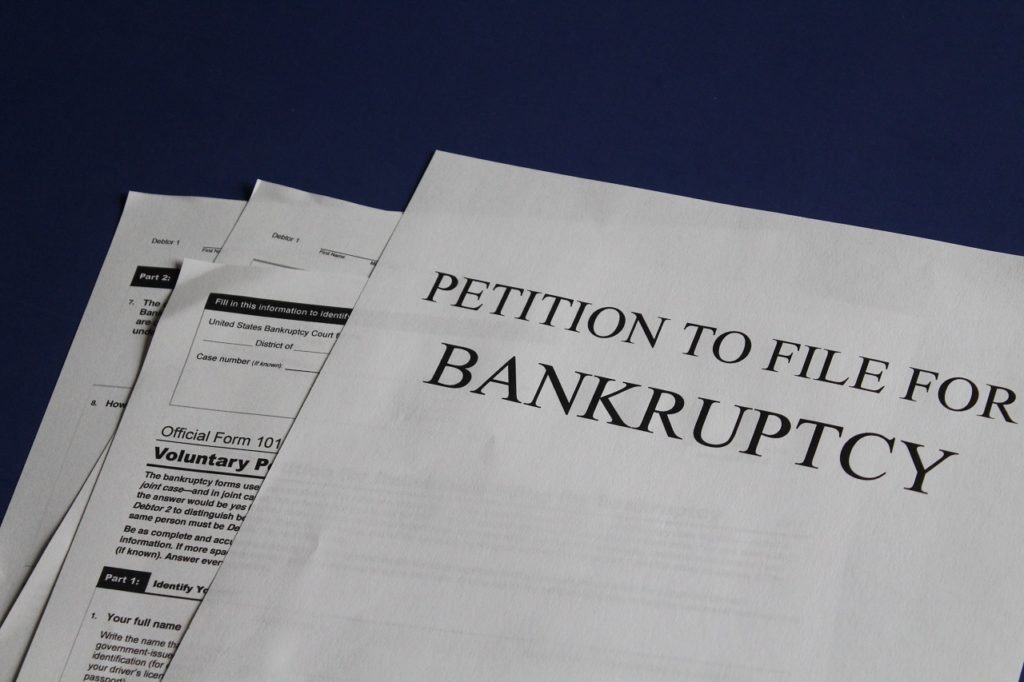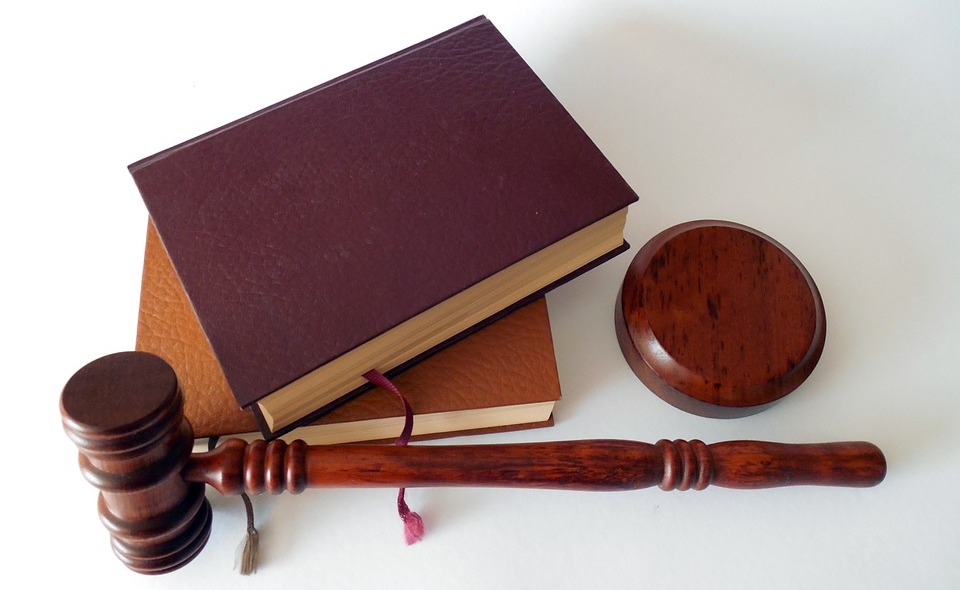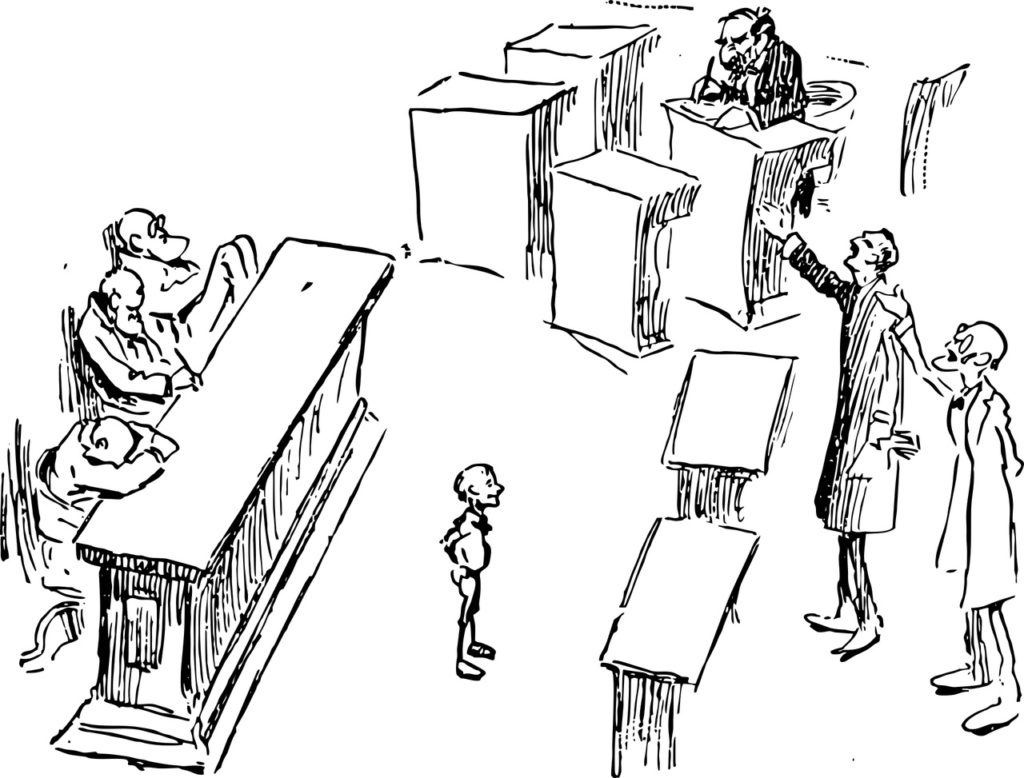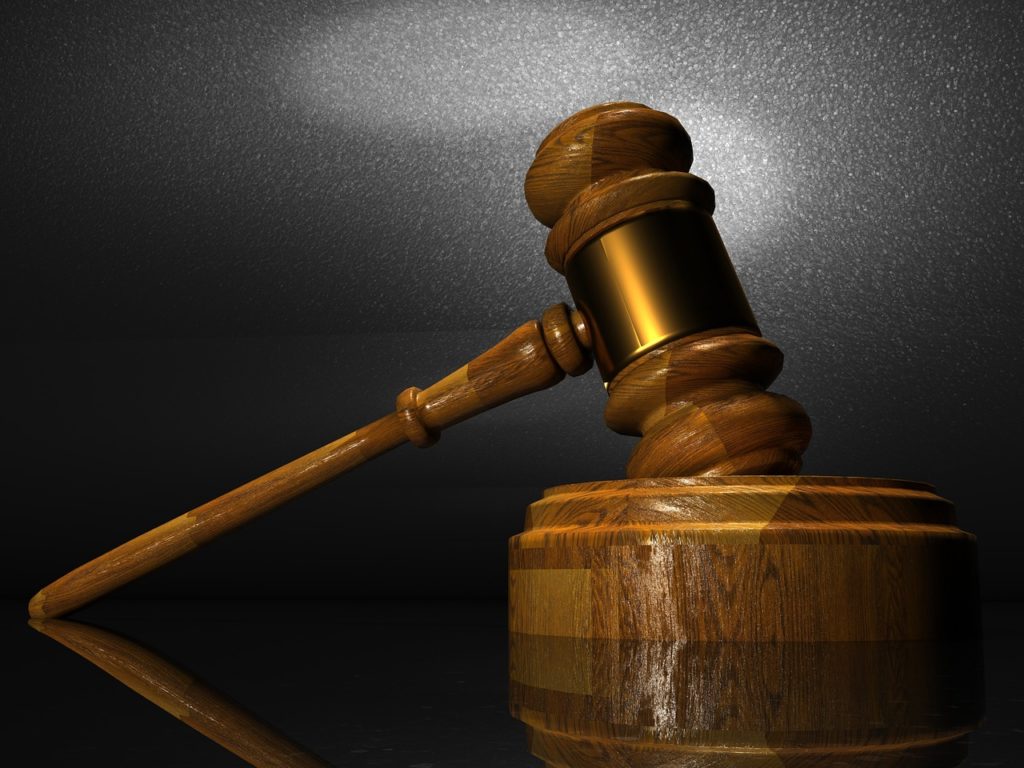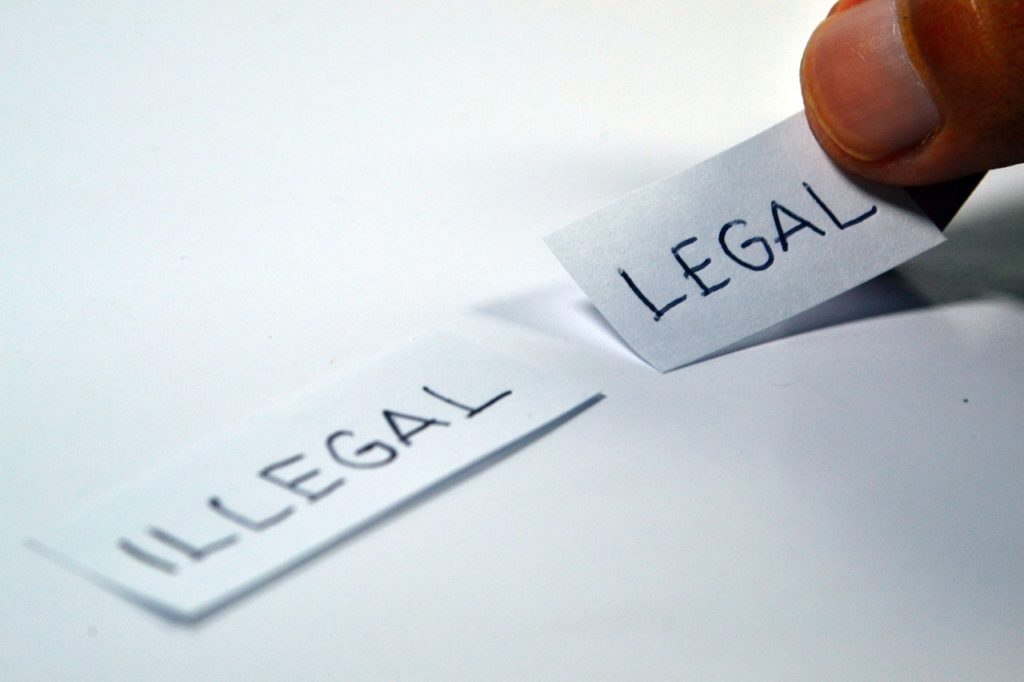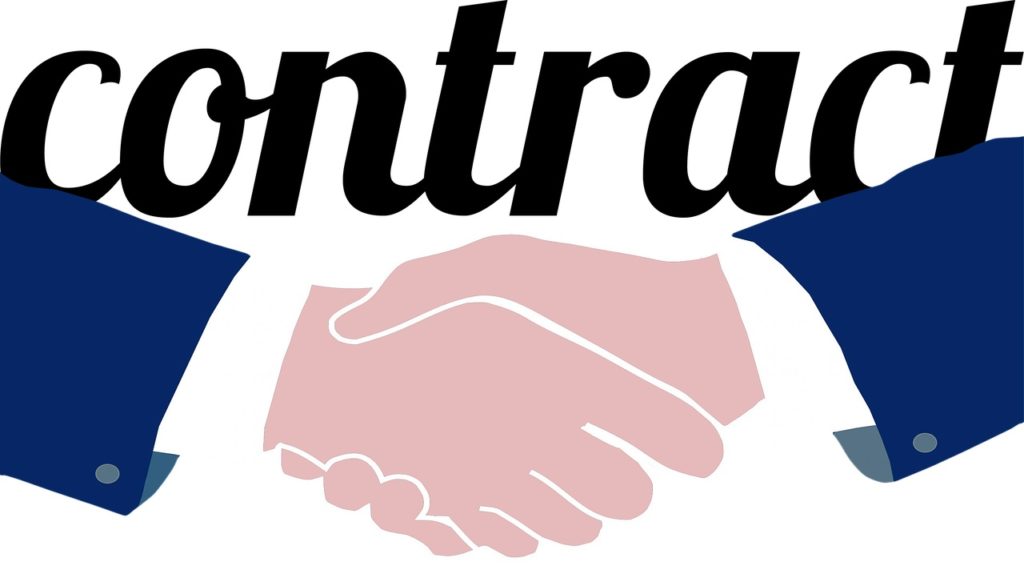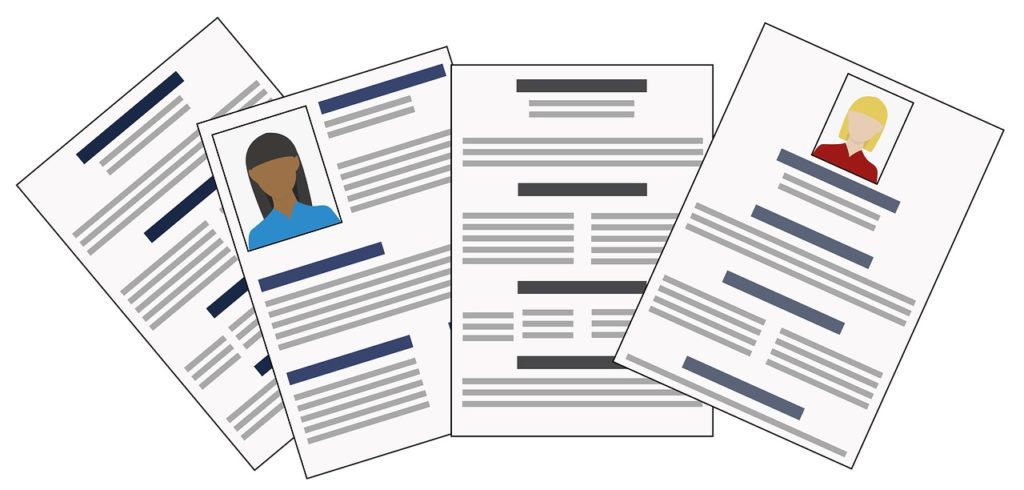So you have a small business, this business grows each day, now you are deciding whether you need to hire an attorney. You don’t know when you’ll need a lawyer until you need one. Likewise, you don’t know when you’ll get sued until you do. By that time, it might already be too late.
If you’re seesawing between whether or not to retain a small business lawyer for your company, here’s a little fun-fact to put things into perspective for you. There are over 100 million cases filed in the US court system every year. A large chunk of these constitutes civil cases against small businesses, as well as, large corporations.
So, if you were in doubt, you should know that the threat of civil litigation is very real. You’ve put in a lot of blood, sweat, and tears into your company to make it a success. Why would you risk it all by not tying up loose ends?
You need to protect your business at all costs. This piece takes an in-depth look at lawyers for business and whether you need one.
Getting Sued? What Are the Chances
As you’re trying to figure out if you need a business lawyer Houston, or anywhere else in the country, you need to do an honest assessment of the odds of your business getting sued. There are lots of operational blind spots in a business that could potentially open you up to civil litigation.
Once those flood gates open, there’s no closing them. Blind spots are the areas in your business where a third party could hold you financially responsible or legally liable. Contract disputes are a prime example of potential civil suits that you need to be wary of. These make up a staggering 60 percent of all business lawsuits filed in the US annually.
Of course, not all companies face the same type of litigation risk. It all depends on what the level of exposure for each business is. Here’s an example. If you run a business with a storefront, someone could slip and fall on a wet storefront. That’s a civil suit waiting to happen.
If you run an online store, on the other hand, the chances of getting sued by a customer who “slips and falls” in your shop premises are nil. A company that employs staff has a higher level of risk exposure than one which doesn’t.
A successful business has a higher risk factor from competitors looking to edge it out of the industry, than one that’s still under the radar. The challenge every business faces is different and this is what ultimately affects the level of legal risk it is exposed to.
Can Your Company Survive a Lawsuit
Pursuing a lawsuit is a very expensive affair. You’ll have to dig deep into your business’ coffers to see it to its natural end. The same applies if you settle out of court.
Either way, your business will suffer a significant monetary loss. Whether or not it’ll be able to recover after taking such a hit is a different discussion altogether.
The cost of a lawsuit depends on a myriad of factors. The top three on the list are:
- What the cause of action is
- Whether the case proceeds to trial
- Whether you win or lose once you get there
Don’t forget about the costs of getting the best legal representation. You need to factor in your lawyer’s legal fees, court filing costs, depositions, and discovery, etc. It all mounts up at an alarming rate.
What’s more, you haven’t given a second thought to the costs of the trial itself. If there’s a mountain of documentation that needs to be traced, it means that the entire process stalls for even longer. This translates to more dollars spent.
Here are some numbers to put things into perspective. The median costs associated with business lawsuits run upwards of $50,000 for liability suits. Contract dispute suits, on the other hand, could cost you more than $90,000 to resolve.
Losing a case: What it means for you
You also need to consider what happens if you lose the case. The damages you might be ordered to pay could cripple your business. Count yourself lucky if you’re involved in a contract dispute.
These are typically limited by the contract value itself. So, unless the contract was worth a couple of millions, you don’t have to worry too much about it. You’re more likely to feel the pinch if the whole suit could have been avoided in the first place.
But, if your lawsuit involved something else altogether to which end the court awarded punitive damages to the plaintiff, then that’s a whole different ball game. According to data from the Bureau of Justice Statistics, the median judgment awarded for these claims is $68,000.
Handling Your Business’ Legal Issues Yourself
As a business owner, there’s no doubt that there is a myriad of business-related issues that you can handle yourself. While this certainly saves your business quite a large sum of money, you need to differentiate between those that require the expert services of a legal professional versus those that are virtually impossible to screw up.
There are some tasks that you don’t necessarily need a lawyer to do. Of course, you can hire one if you’re not too confident about the process. But, with all the self-help tools and resources available online, the processes are pretty straight forward. Here are a few of them. Developing a business plan at the business formation stage:
- Doing a business name search for your company
- Getting and registering a domain name for your official company website
- Applying for an Employer Identification Number (EIN) for tax purposes
- Getting the licenses and permits that you need to operate
- Recruiting employees
- On-boarding independent contractors and vendors
- Filing the mandatory IRS forms
- Documenting all your LLC meetings
- Creating customer or client contracts
- Creating purchase-sale agreements with external partners
- Dealing with IRS-initiated business audits
This is not an exhaustive list of tasks. But, it is a pretty accurate representation of the activities that most savvy business owners can handle on their own. If you’re not resource-constrained it’s much easier to retain a business lawyer New York, Texas, Virginia or in any other state, to handle it so that you can focus on the more important aspects of running your business.
When You Need to Bring in the Best Business Lawyer on Board
While any intelligent business-owner is quite capable of handling the tasks described in the previous section, other issues are quite laborious. They are not only complex and time-consuming but are also marred with a plethora of liability issues if not done in the right way.
Your wisest move at this point would be to go online, search for “business lawyer near me” explore your options and retain a business litigation lawyer to help you with the intricacies of the process.
There’s no sense in trying to save money by attempting to do it yourself, only to later lose tens of thousands more in lawsuits that resulted from a huge oversight or loophole in the paperwork that would not have escaped the eye of a keen business contract lawyer. Here are a few cases where your company needs the services of a competent DC or San Diego business lawyer, for instance.
1. Coming up With Your Business’ Legal Structure
The potential financial and legal liabilities you face depend on the existing legal structure for your business. It also affects your company’s tax obligations as well as how profits are divided. Here’s a brief outline of the various legal structures for your business that a business lawyer Las Vegas or in your home state will help draw up.
Sole Proprietorship
This is the most basic business structure you’ll come across. As the name suggests, a sole proprietorship gives you full control of all aspects of running your business. Legally, you and your business are the same entity. This also extends to your tax obligations. So if someone brings a lawsuit against your business, they are essentially suing you.
Legal Partnership
This structure occurs where two or more people own a given business. All profits and losses are shared equally among all parties. This same sharing arrangement also applies when the company gets sued. Regardless of which one of the partners was responsible for the negligence that led to the suit, all the company owners are held equally liable.
Corporation
In a corporation, the entity is owned by shareholders. That way if a civil suit is brought against the company, the plaintiff(s) can’t go after your private assets.
S-Corporation
This structure is very similar to that of a corporation except that taxation occurs slightly differently. In this setup, the company itself and the shareholders are considered to be two entirely different legal entities. So, each has its tax obligations to honor. In S-Corporations, on the other hand, both the company and its shareholders are regarded as a single entity. So, taxation in this case only happens once.
Limited Liability Company (LLC)
This is by far the most common legal structure that small businesses adopt. This is because it offers the best of both worlds when it comes to asset protection and taxation. Here’s how.
If an LLC is sued, the business owners’ assets can’t be used as part of the settlement. Additionally, its profits are tax-exempt. Instead, business owners report profits and losses on their tax returns.
The type of business structure best suited for your business ultimately depends on what your needs are. Crafting the legal documentation necessary to reflect this and seal any potential loopholes that could cost you money in a civil suit is critical. That’s why you need to engage a competent Denver business lawyer or an attorney from any part of the US from the get-go to help you through the process.
2. Intellectual Property and Trademarks
Here’s a little fun-fact for you. Did you know that when Pepsi was first released, it was called “Brad’s Drink”? Atrocious, right? It gets better. You’ll never guess which leading brand was nearly named “Pequod’s”. Can’t figure it out? The answer is globally-renowned Starbucks.
Having a great commodity in the market goes beyond offering something that didn’t exist before. Choosing the right name for it is equally as important. So, you’ll need to retain the services of a good IP lawyer to avoid unknowingly using a trademarked name and getting sued for infringement. The process of researching trademarks is tedious and time-consuming and best left to the professionals.
3. Contracts
Regardless of the size of your business, contracts play a major role in the day-to-day operations. You can’t avoid them when it comes to dealing with vendors and employees, or when handling sales, purchases and leases alike. You need a business contract lawyer to help you draft agreements that will keep you away from legal conundrums simply because there’s a loophole that can be exploited by malicious third parties.
4. Exit Strategy
Often, business-owners outgrow their companies. They may want to pursue other interests without hurting the business. It’s therefore important to involve a business lawyer, to help come up with a solid exit strategy that will ensure you get what you deserve and keep the company going in the process. That way any disputes that arise from voluntary or involuntary leave from the company can be avoided altogether.
5. Conflict Resolution
In a perfect world, it’s all rainbows and unicorns. Everyone gets along and business partners stick together through thick and thin. This, however, isn’t the reality. Partners may have different ideas about the direction they want the business to follow.
Third parties could be in breach of contract which sets off a chain of unpleasant effects. You might need to revise existing contracts to protect your business’ interests or have a team of gladiators ready to go to bat for your when conflicts arise.
For instance, if you live in Illinois, you’ll need to have a Chicago business lawyer on call who knows you and your business inside out. That way, your company remains protected all the time.
A Journey of a Thousand Miles Begins With Having a Great Lawyer
Working with an attorney is necessary if you want your business to remain compliant and functional. While you might not always need a lawyer to navigate every aspect of running your business, it is worthwhile if you want to avoid getting tangled up in legal issues that would have easily been avoided.
So do yourself and your business a favor. Search for a “business lawyer near me” and choose from our list of top business lawyers. Get expert legal-help you along your business journey.
If you need assistance, you can also chat now with a Laws101.com attorney, where you’ll be instantly connected to a lawyer who can give you legal guidance on your specific case or question.



















